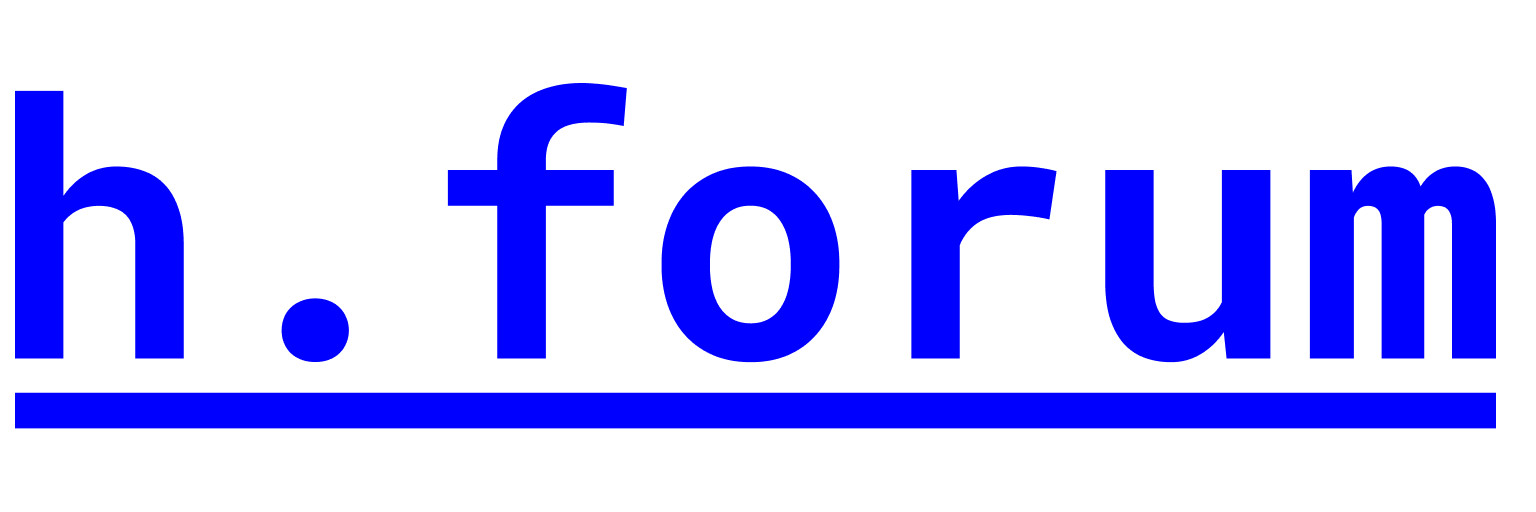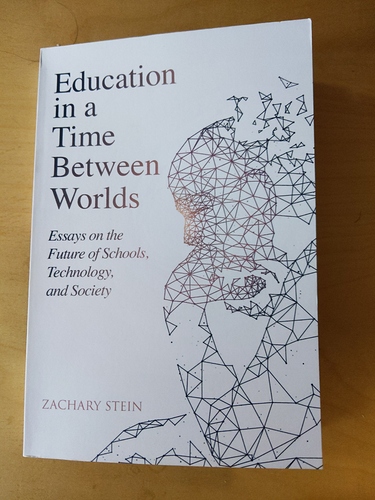I’ve also picked up Education in a Time Between Worlds. Not very far yet but I’m working through and taking notes/reflecting with some of my own thoughts and opinions on each topic. If you have made some progress yourself I would enjoy discussing the book here. I will also likely be posting reflections on my personal website under a soon-to-be-created reading section.
What strikes me about the first essay (Education in the Anthropocene: Futures Beyond Schooling) is how similar Zachary’s “utopian” vision for education aligns quite closely to my own, despite not having read a whole lot of literature on education myself.
I think the primary difference between today’s education systems and the proposed educational hubs he discusses in the book is the difference between passive and active. At its core, the systems today are built around a passive model of education where students are treated as empty glasses to be filled by lectures, readings, and a curriculum which dictates what they should learn and when. Of course there are active elements within the passive system (projects, research, etc.) but being under a passive system these activities often lose their meaning. Conversely, the educational hub is centred around an active model of education where students take more initiative in their own individual learning process.
I want to find some research studying alternative education systems which are built around active models of education to back up (or disprove) these next hypotheses, but I think that it makes sense that the passive/active model makes a huge difference on the way students learn to see the world. The passive model of today’s education instills a passive world view of consuming information from trusted experts, doing what you’re told, and generally not taking initiative of one’s own – especially when it comes to global issues (e.g. climate change) where “passive” thinkers posit that there’s not much they can do in the grand scheme of things and therefore react apathetically, leaving the problem to someone else. And then again to compare with the hypothetical future of educational hubs, I think one of the reasons this idea is compelling is that it gives people the power to make a difference. Starting at an individual level by being able to make a difference on your own learning and education, and then within your social groups, and then your community. And before you know it you have citizens who not only want to make a difference on the world but actually know how to make a difference.

